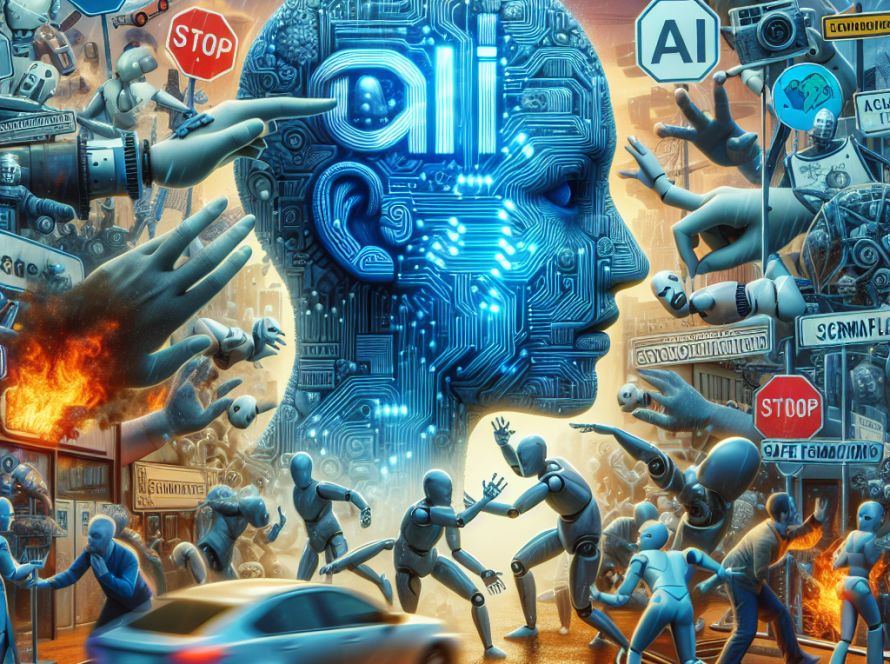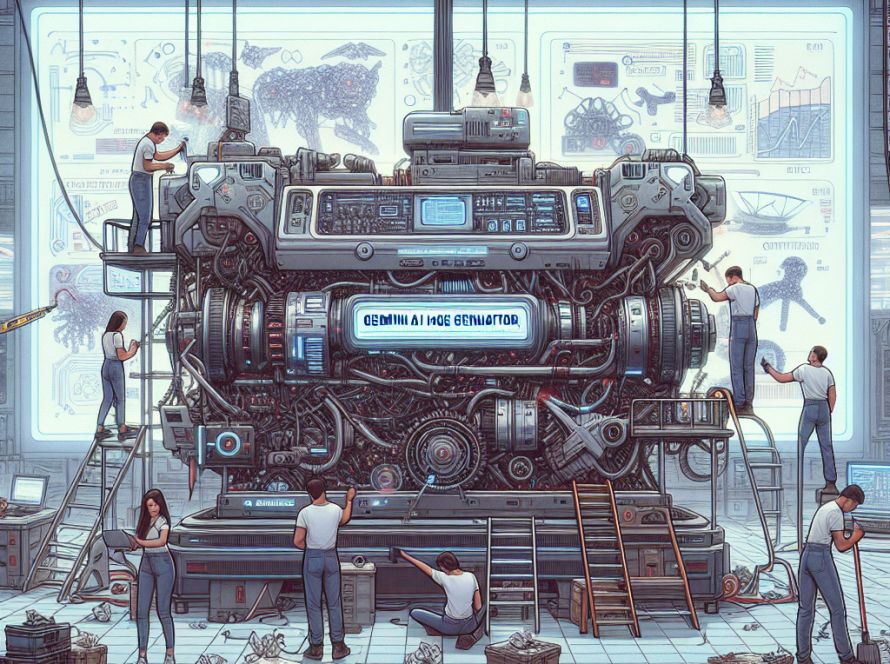Generative artificial intelligence (AI) technologies, like Large Language Models (LLMs), are showing promise in areas like programming processes, customer service productivity, and collaborative storytelling. However, their impact on human creativity, a cornerstone of our behavior, is still somewhat unknown. To investigate this, a research team from the University College London and the University of Exeter studied the influence of generative AI on creative written output.
The experiment involved participants creating a narrative around a randomly chosen subject, following specific guidelines regarding length and intended readership. The core aim was to explore the influence of generative AI on human creativity for producing short stories. The study indicated that access to AI generated ideas significantly enhanced perceived creativity, literary quality, and the overall appeal of a story, particularly for less imaginative writers. The AI assisted these authors in overcoming creative obstacles and generating more engaging stories.
However, the study also revealed a potential downside to integrating generative AI into creative writing. When AI is used to fabricate stories, the resulting tales are more standardized than those produced by humans alone. This suggests that while generative AI may boost individual creativity, it could lead to a homogenization of creative output, reducing the diversity of original creations. This trade-off creates a social conundrum, whereby writers benefit individually from AI’s enhanced quality and creativity, but the reliance on AI-generated concepts diminishes the diversity of original and distinct content.
The researchers measured the creative outputs in three conditions: Human-only and two AI-assisted conditions (one AI idea and five AI ideas). They found that the bulk of the improvements were observed in Single AI Idea Condition, with a 3.7% increase in usefulness and a 5.4% increase in originality. The Five AI Ideas Condition saw a 9.0% increase in usefulness and an 8.1% increase in originality. Additionally, evaluators deemed AI-assisted stories to be more engaging, better structured, and more likely to contain plot twists.
Interestingly, the results were influenced by inherent inventiveness, as determined by the Divergent Association Task (DAT). With AI support, high-DAT writers’ stories did not significantly alter their quality. Conversely, low-DAT authors saw significant enhancements in uniqueness, utility, writing quality, and enjoyment when supported by AI, thereby matching the performance of high-DAT writers. However, AI-assisted stories were found to be more similar to each other and to AI-generated ideas.
In conclusion, while generative AI can boost individual creativity, it may simultaneously bring down collective novelty. This compromise has profound implications for scholars, decision-makers, and practitioners dedicated to nurturing creativity. The researchers urged creators to be mindful of the potential homogenizing effect of AI on their work, while also utilizing the technology to overcome creative barriers.


